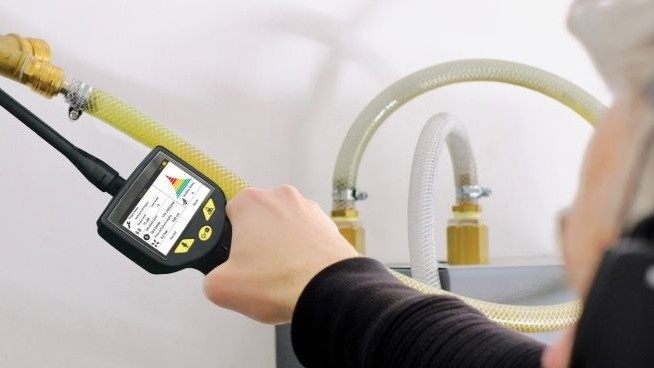In many industries, filtration systems are the backbone of smooth operations. They not only ensure clean air and gas streams, but also maintain safe production environments and keep processes running efficiently. However, when these systems fail, are neglected, or remain suboptimal, the costs—both visible and hidden—can be staggering.
The True Cost of Poor Filtration
At first glance, poor filtration may seem like a minor issue—dust accumulation here or a slight drop in performance there. However, the deeper consequences reveal significant impacts on businesses, operations, and the environment.
- Increased Downtime: Inefficient or clogged filters strain equipment, causing unexpected breakdowns. This leads to lost productivity, missed deadlines, and mounting operational costs.
- Higher Energy Consumption: Dirty or poorly designed systems force equipment to work harder. For example, compressors must expend more energy to push air through clogged filters, driving up energy bills and carbon emissions.
- Damage to Equipment: Contaminants bypassing ineffective filters can corrode pipes, damage machinery, and accelerate wear on critical components, resulting in costly repairs or replacements.
- Reduced Product Quality: In industries like food, beverage, or pharmaceuticals, contaminants in compressed air or gas can compromise product purity. This can lead to waste, recalls, and reputational harm.
- Regulatory Non-Compliance: Poor filtration can cause emissions or contamination that violate safety and environmental regulations, exposing businesses to hefty fines and legal action.
- Environmental Impact: Inefficient systems release pollutants into the environment, harming ecosystems and increasing a facility’s carbon footprint.
Real-World Implications
Consider a manufacturing plant reliant on compressed air systems. Neglected filters could allow oil and particulate contaminants to infiltrate the air stream. The result? Damaged equipment, compromised product quality, and potential shutdowns.
In industries like petrochemicals, poor filtration may release hazardous by products, posing risks to workers and nearby communities. Meanwhile, a single contamination event in a cleanroom, such as during semiconductor production, can result in millions of dollars in losses.
Proactive Prevention: Protecting Your Operations
The best way to avoid the costs of poor filtration is through a proactive approach. Filtration systems aren’t just expenses—they’re investments in efficiency, safety, and sustainability.
How to Mitigate Risks:
- Regular Maintenance: Conduct routine inspections to ensure filters are clean and functioning effectively.
- Tailored Solutions: Invest in filtration systems designed for your specific process needs. Avoid one-size-fits-all solutions.
- Energy Efficiency: Opt for systems that minimize pressure drops and reduce energy consumption.
- Training: Educate employees on the importance of filtration and how to identify early warning signs of system failure.
- Upgrade When Needed: Periodically assess whether newer, more efficient filtration technologies could improve performance.
The Long-Term Benefits of Effective Filtration
Investing in high-quality filtration systems offers a range of benefits:
- Reduced energy and maintenance costs
- Improved product quality and consistency
- Regulatory compliance and avoided fines
- Lower environmental impact through waste and emissions reduction
Additionally, well-maintained filtration systems enhance workplace safety and reliability, minimising disruptions while supporting sustainability goals.
Ready to Optimise?
Filtration may not always grab headlines, but its importance in industrial processes cannot be overstated. The hidden costs of poor filtration often far exceed the investment in high-quality systems and regular maintenance.
If you’re aiming to stay competitive, meet regulations, and achieve sustainability goals, efficient filtration is not optional—it’s essential.
Are your filtration systems optimised for peak performance and minimal waste? If not, it’s time to reassess.
Contact National Filters today to learn how we can help you achieve better performance, lower costs, and a more sustainable future.

